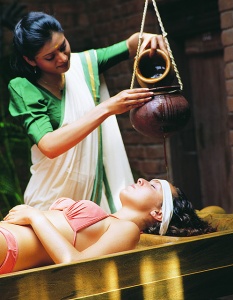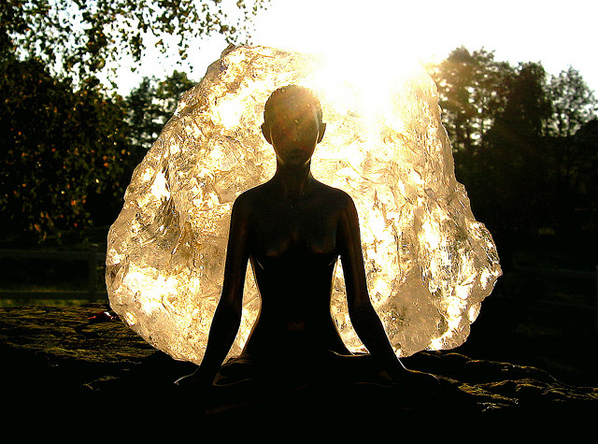Breaking Travel News investigates: Spiritual healing in Incredible India

India has long been seen as the spiritual heart of Asia by generations of travellers.
Now, with awareness of the limitations of western medicine growing, the destination has witnessed a revival in interest in proven ancient healing methods.
Western medicine believes a person becomes sick because they contract a disease. Each disease is seen as an independent entity which can be understood without regard to the person it afflicts or the environment in which it occurs.
Seen through the paradigm, conventional treatments are treatments of diseases, not of people.
In contrast to this system, traditional systems of healing in India, as in other ancient cultures, approach sickness as a dynamic event in the life of an individual.
It is the result of disharmony between the sick person and their environment.
The therapeutic focus is always on the person who is ill and the context in which the illness occurs, rather than on the disease itself.
Today, one can choose from various systems of alternative medicine, be it acupuncture, aromatherapy, meditation, Ayurveda, Unani medicine, mud therapy, Pranic healing, Reiki method, Tibetan medicine and many more.
All are practiced in India, drawing in thousands of visitors each year.
Here Breaking Travel News takes a look at some of the established schools of thought.
Ayurveda
Literally translated, Ayurveda means ‘the science of living’, with Ayu meaning life and Veda meaning knowledge.
It is a system of medicine which offers guidance regarding food and lifestyle, allowing follows to maintain an optimum state of health.
Ayurveda aims to remove the cause of an illness, not just to cure the disease itself.
Based solely on herbs and herbal compounds, Ayurvedic remedies do not operate against the metabolism of the body.
Their effect is registered gradually, resulting in minimum side effects.
Ayurveda is widely practiced in India, and is easily accessible to international visitors.

Pancha Karma
Panchakarma (five actions) is a cleansing program for the body, mind and consciousness, designed to create bolster health, happiness and an inner sense of well-being.
It is known for its beneficial effects on overall health, wellness and self-healing.
Panchakarma clears the body of toxins, while the mind is at peace, emotions are calm and happy, wastes are efficiently eliminated and organs are functioning normally.
In a busy, stressful and toxic world, physical and mental systems accumulate toxins causing deterioration in bodily functioning.
This eventually weakens systems, which opens the door for chronic, degenerative, and non-specific diseases to develop.
Panchakarma can help by reversing these negative effects of daily living.
It can restore a natural state of health and wellness by cleansing your body of toxins, bringing balance into the system and improving bodily function.
The Panchakarma therapeutic process appears quite simple in its application. However, its effects are powerful and effective.
Meditation
Meditation is a safe way to balance physical, emotional and mental states.
During meditation, the body gains a state of profound rest.
At the same time, the brain and mind become more alert, indicating a state of restful alertness.

Aromatherapy
A sense of smell works at a subconscious level, where olfactory nerves conduct smell sensations to a part of the brain which also regulates and controls our moods, emotions, memory and learning.
Essential oils are contained in plants. Some oils are relaxing, some soothing and some pain relieving.
During a course of aromatherapy these are utilised to improve a person’s wellbeing.
Tibetan Medicine
The traditional medical system of Tibet uses an ancient form of medicine known as Gs o-wa Rig-pa - or The Knowledge of Healing.
Once an esoteric monastic secret, the Tibet University of Traditional Tibetan Medicine and the Qinghai University Medical School now offer courses in the practice.
The Tibetan government-in-exile has also kept up the practise of Tibetan Medicine in India since 1961 when it re-established the Men-Tsee-Khang (the Tibetan Medical and Astrological Institute).
It now has 48 branch clinics in India and Nepal.
The origins are believed to be based on the teachings of the Buddha.
Yoga
Yoga is a system of exercises for physical and mental well being.
It combines stylised poses with deep breathing and meditation.
The ultimate aim in yoga is to unite the human soul with the universal spirit.
More Information
More information on all of these forms of healing can be found on the Incredible India website.

